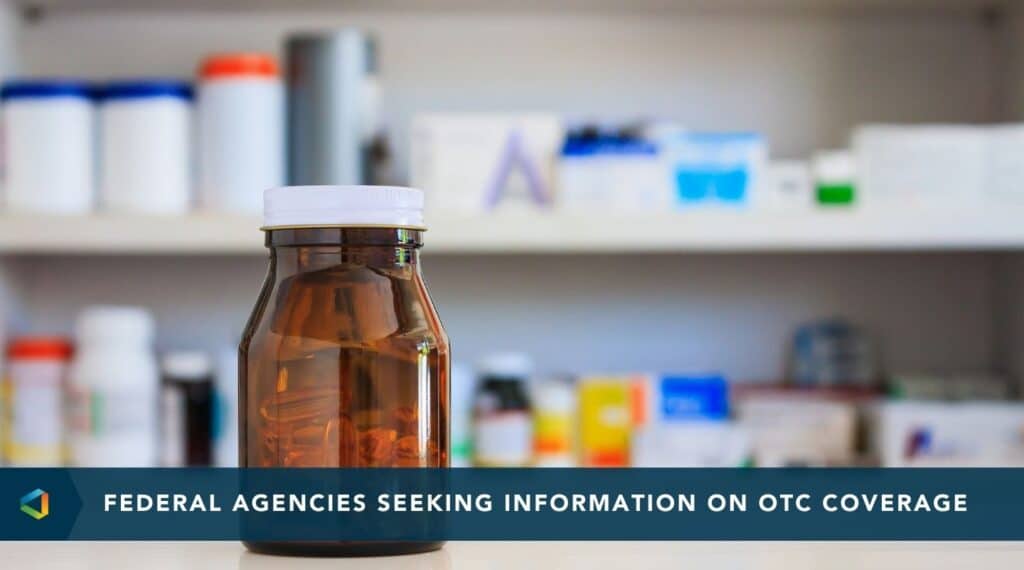Compliance Confidence
New ACA Frequently Asked Questions Released
New ACA Frequently Asked Questions Released
On July 19, 2021, the DOL, HHS and Treasury (the Departments) released another round of Affordable Care Act (ACA) frequently asked questions. The question and answer packet dealt primarily with the Public Health Service Act (PHS) section 2713 and its accompanying regulations.
Among other things, PHS requires that non-grandfathered group health plans and health insurance issuers that offer non-grandfathered group or individual health insurance coverage provide benefits for and prohibit cost-sharing requirements to:
- Evidence-based items or services that have a rating of “A” or “B” as currently recommended by the United States Preventive Services Task Force (USPSTF) except 2009 regulations regarding breast cancer screening, mammography, and prevention
- Immunizations for routine use in children, adolescents and adults that have a recommendation from the Advisory Committee on Immunization Practices of the CDC
- Evidence-informed care for infants, children and adolescents found in the comprehensive guidelines supported by the Health Resources and Services Administration (HRSA)
- Preventive care and screening for women in a comprehensive guideline supported by the HRSA
The FAQs mostly answer questions surrounding the USPSTF recommendation that clinicians offer pre-exposure prophylaxis (PrEP) with “effective antiretroviral therapy to persons who are at high risk of human immunodeficiency virus (HIV) acquisition.” PrEP is a comprehensive intervention of antiretroviral medication and essential support services that includes medication self-management/adherence counseling, risk reduction strategies, and mental health counseling. Because this recommendation received an “A” rating, plans and issuers needed to cover PrEP without cost-sharing for plan or policy years that began on or after June 30, 2020.
FAQ 1
FAQ 1 clarifies that covered plans and issuers must provide coverage of PrEP prior to it being prescribed as part of the determination of whether the medication is appropriate for the individual. Services include certain clinical assessments and ongoing monitoring of patients to ensure the medication is safe for continuous use. Office visits associated with each recommended service, when the service is not billed separately from an office visit, must also be covered if the primary purpose of the visit is the delivery of the preventive service. The USPSTF recommendation also includes the following services:
- HIV Testing
- Hepatitis B and C testing
- Creatinine testing and calculated estimated creatine clearance or glomerular filtration rate
- Pregnancy testing
- Sexually transmitted infection screening and counseling
- Adherence counseling
FAQ 2 and 3
FAQs 2 and 3 outlines whether you can use reasonable medical management techniques to restrict the frequency of benefits for the services listed above. The Departments stated that plans and issuers may only use reasonable medical management techniques to determine the frequency, method, treatment or setting for the recommended preventive service if not already specified in the applicable recommendation or guideline. One example of a permissible reasonable medical management technique involves a generic version of a PrEP. Because the branded PrEP version is not included is USPSTF recommendations, plans and issuers may cover a generic PrEP without cost-sharing and impose cost-sharing on the equivalent branded version. However, if the particular PrEP (generic or brand name) is determined to be medically inappropriate by the individual's health care provider, the plan and issuer must accommodate the individual and waive the cost-sharing. Any medical management technique used must have a process that is easily accessible, transparent, and sufficiently expedient to waive any restrictions.
Effective Date
Because many plans and issuers did not fully understand all their compliance responsibilities involving coverage of USPSTF recommendations for PrEP, enforcement action will not be taken until 60 days after the FAQs were published. Take the time now to get with your health insurance issuer and TPA to review your plan documents and to make sure you have a compliance plan in place.




